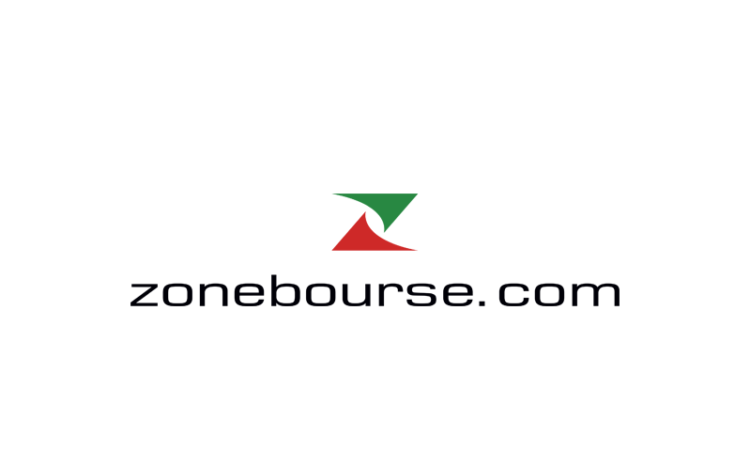
CHISINAU, May 14 (Reuters) – Russian state-owned Gazprom
is still shipping supplies to Moldova’s indebted
separatist enclave Transdniestria without receiving payment
purely because it wants to prop up the region, Moldova’s energy
minister said on Sunday.
Moldova’s pro-European government, bolstered by loans from
EU institutions, has been buying its gas from other European
sources since last December.
Disputes over price and supply cuts imposed by Gazprom
generated tension between Russia and Moldova, a former Soviet
state lying between Ukraine and EU member Romania.
“I believe that for Russia, de facto free supplies of gas to
Transdniestria are a greater priority, far more important than
any commercial relationship, money or other considerations,”
Victor Parlicov told the news website deschide.md.
“You saw what Gazprom did when debts built up (in Moldova)
what steps were taken to curtail volumes. But as for debts (in
Transdniestria), Gazprom basically provides supplies for free
and receives no payment. And I can see that suits them.”
Transdniestria owes Gazprom $9 billion for gas supplies and
places money collected from consumers in a “gas account” rather
then paying. Gazprom says Moldova owes a long-term debt of $709
million, but the government has submitted that sum to an
international audit.
Helped by a 300 million euro ($325 million) credit from the
European Bank for Reconstruction and Development, Moldova has
secured supplies from European sources. It bought a small amount
of gas last month from Greece to test the import route.
Pro-Russian Transdniestria is a sliver of land that broke
away from Moldova in the dying days of Soviet rule.
A brief war pitted the region against newly-independent
Moldova in 1992 and 1,500 Russian “peacekeepers” remain there
despite attempts to resolve the dispute. Conflicts and violence
between the two sides are virtually non-existent.
Moldova has repeatedly denounced Russia’s invasion of
Ukraine as Russian missiles have landed on Moldovan territory.
The separatist leaders in Transdniestria accuse Ukraine of
plotting to assassinate them.
(Reporting by Alexander Tanas; Editing by Ron Popeski and Grant
McCool)



